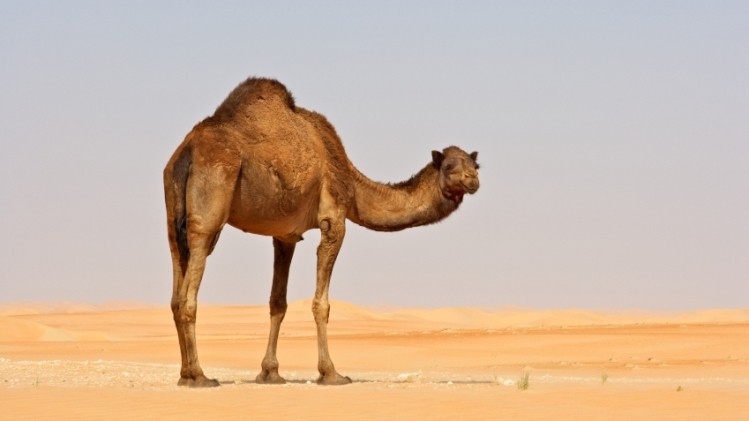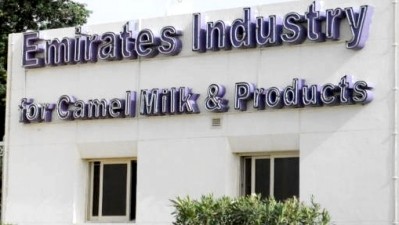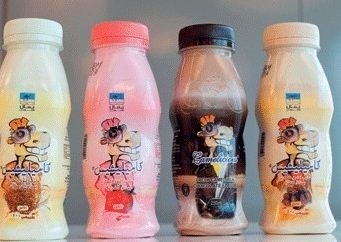UAE team moves to next stage of project to source gelatin from camels

Their award-winning project is in response to an “urgent need” to explore the potential to obtain gelatin from camels, allowing both Muslims and Hindus to consume foods containing it.
Gelatin has a wide range of applications as a gelling agent in a wide range of segments, including dairy and meat processing, and confectionary. It is currently sourced from bovine hides and bones, and pig skin.
In the recent years, concerns over mad cow disease from beef gelatin and religious restrictions have affected the gelatin market, which has shifted the focus towards alternative sources. Yet few alternatives to the more commonly-sourced pork gelatin, a non-halal option, have been identified.
Camels are widely available in the Arab world and could potentially meet this need. Until now, gelatin from camel byproducts has not been available, and no detailed research has been conducted on its extraction and characterisation.
The UAE University team, however, believes there is potential for camel skin to be used as an alternative raw material.
Led by Sajid Maqsood of the university’s department of food science, the first stage of the project recently concluded, with the researchers finding that camel skin gelatin has the potential to be a practical, halal-certified alternative to pork gelatin.
The project will now set out to overcome the main challenge of optimising the pre-treatment and extraction conditions for obtaining high-quality gelatin.
“Camels are exposed to a hot and dry climate and possess skin which is different to other animals, so detailed exploration is needed to produce high-quality gelatin from their skin,” Dr Maqsood explained.
“The development of alternative sources of gelatin is highly desirable and is of a high need for food processors, as the global market for halal-certified food is growing rapidly,” said Dr Maqsood.
“To date, few alternatives are available, and this demands urgent exploration.”
He said that if produced to commercial scale, gelatin from camel byproducts could be used in food produced in and exported into the UAE.
The animals are “a symbol of the Arab world”, and such a move would likely bring commercial benefits to the UAE’s food industry, he added.














